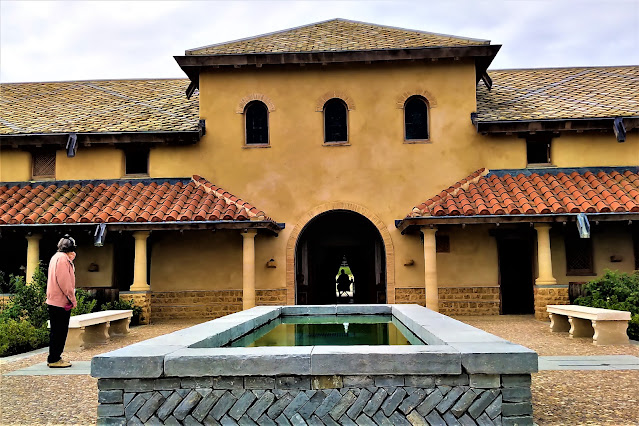Wallingford: An ancient English town with links to the American Declaration of Independence
(Above image is a capture of St Peter's Church, Wallingford.)
Tonight, I am posting information on the historic, English market town of Wallingford which is located to the south of Oxford on the banks of the River Thames about fifty miles west of London. Population is about 45,000.
Onamatology: The name may derive from Saxon origins in the first millennium and translate as 'Ford of the British people'. The origin of the 'Wall' element probably means 'foreigner' as to the in-coming Saxons the native British people were foreign.
Despite being tucked away and off the tourist trail, in fact Wallingford has experienced all the major upheavals of English history, including Saxon,Viking, Norman invasion, English Civil War and even a resident whose writings influenced the Declaration of Independence and Constitution of the U.S.A.
Wallingford
is not a mass tourist destination and qualifies as one of those
'hidden' places which has a great offering for the more discerning
tourist, in particular:
- Has a history dating back to Saxon times, with location important due to it being a fording place on the River Thames.
- The town still has the remains of 9th century walled defences which were erected to repel Viking attacks.
- The invading Normans built a huge castle complex during the 11th century which would suggest the strategic importance of Wallingford.
- The castle held out for the royals during the English civil war but eventually surrendered with the castle being demolished thereafter. However the very substantial castle earthworks remain and are open to public access.
- Famous resident, Sir William Blackstone (1723-80) gained world renown as the author of 'Commentaries on the Laws of England' which formed the basis of the Declaration of Independence and Constitution of the U.S.A. Sir William is buried in St Peter's Church.
Treetop view of Wallingford
Line of Saxon defences.
18th century architecture
Groundworks and remains of Wallingford Castle
Hereford bull at Wallingford
River Thames at Wallingford
Colourful house at Wallingford
Five hundred year old building which now houses Wallingford Museum











Comments
Post a Comment